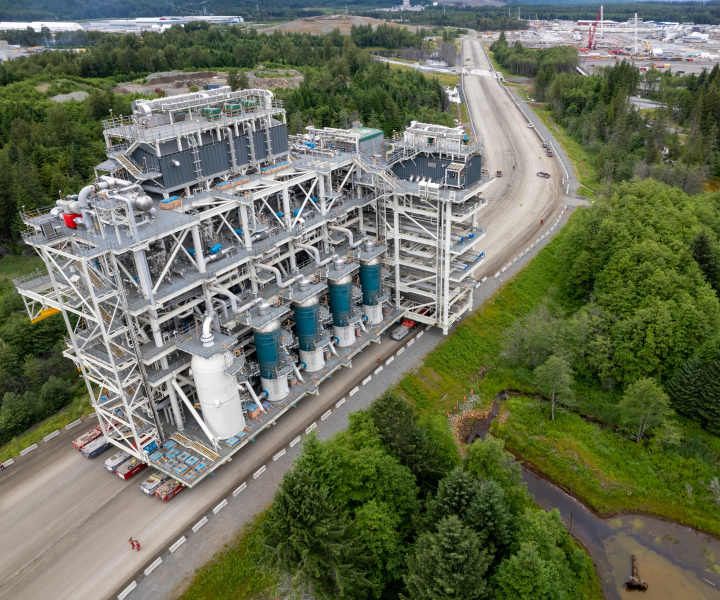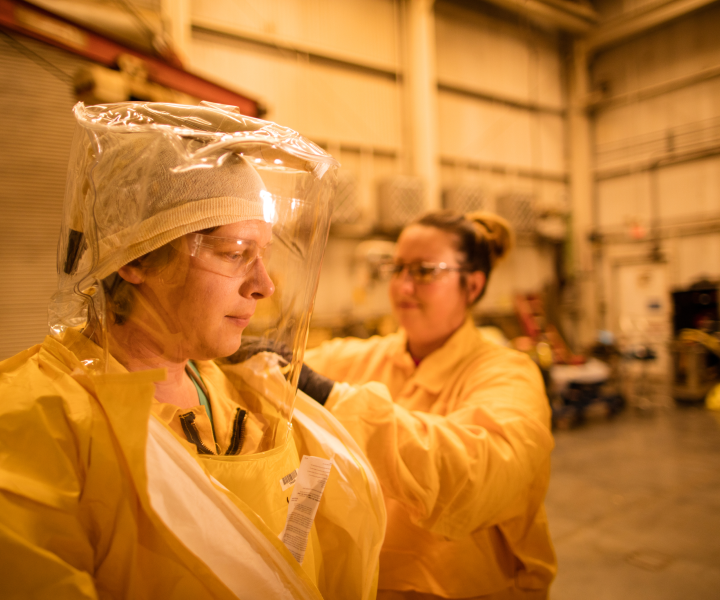
&w=3840&q=75)
Projects

Engineering, Procurement and Construction Projects Around the World
At Fluor, we design and build the world's toughest projects. Applying world-class expertise, we provide professional and technical solutions to deliver safe, well-executed, capital-efficient engineering, procurement and construction (EPC) projects to clients globally.
LNG Canada Export Facility
Client: LNG Canada
Location: Kitimat, British Columbia, Canada
In October 2018, LNG Canada made a final investment decision to build its liquefied natural gas (LNG) export facility in Kitimat, British Columbia, Canada. The project represents the largest energy investment in Canadian history.
The LNG export facility will liquefy surplus Canadian natural gas so it can be safely exported to help meet global energy demands. Fluor's joint venture partnership with JGC Corporation provides engineering, procurement, fabrication and construction for the project.


Quellaveco Open Pit Copper Mine
Client: Anglo American (majority owner) and Mitsubishi
Location: Near Moquegua, Peru
Fluor performed engineering, procurement and construction to deliver one of the world’s most technically advanced mines at over 3,000 meters above sea level. Among a range of services provided by Fluor on this project, we applied our expertise to develop and manage open pit mining of a single porphyry copper deposit and ore processing in a 127.5 ktpd conventional copper concentrator – as well as the development of required mine and port infrastructure including river diversion tunnel, water and power supply, fresh water pipeline, access roads and worker accommodation.
&w=3840&q=75)
U.S. DOE Portsmouth Decontamination and Decommissioning
Client: U.S. Department of Energy (DOE)
Location: Pike County, OH, U.S.
Fluor-BWXT Portsmouth, LLC, a Fluor-led partnership, has applied a team of contractors and a workforce of more than 1,900 to decontaminate and decommission more than 10 million square feet of contaminated facilities at the DOE plant.
As the site is cleaned up and prepared for future reuse, Fluor remains focused on safely achieving the client's mission and assisting the community in breathing new economic life into the southern Ohio region.
